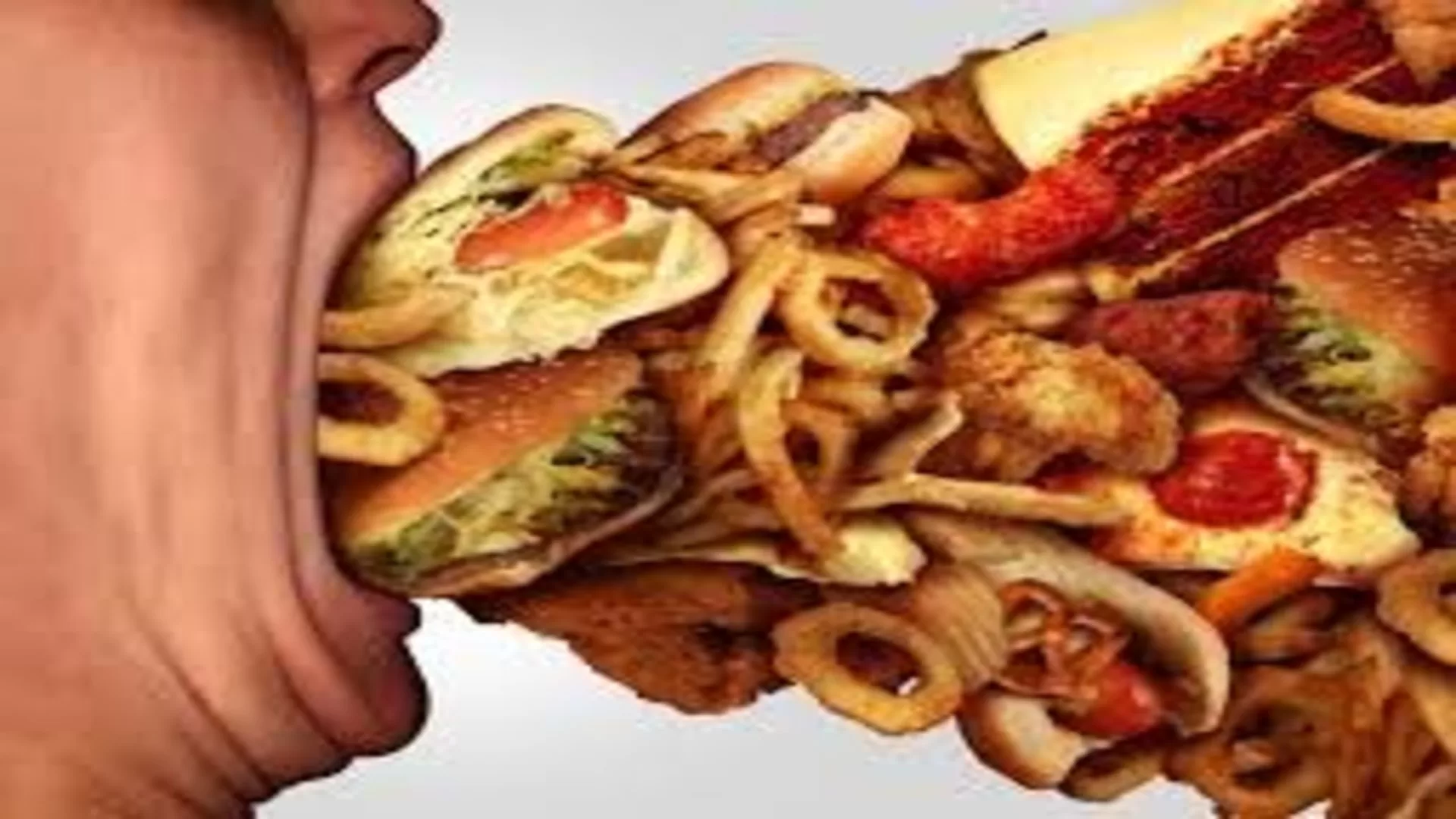Health risks of Ultra Processed Food: Insights from a 30 year study-Unsplash.com
Brief:
A 30-year study published in ‘The BMJ’ sheds light on the health risks associated with ultra-processed foods, indicating a slight increase in premature death risk. Ready-to-eat meats, sugary drinks, and highly processed breakfast foods show the strongest association with mortality rates. Ultra-processed foods, high in energy and additives but low in essential nutrients, are becoming increasingly prevalent globally. The study, tracking over 114,000 US health professionals, found a higher risk of overall death and non-cancer, non-cardiovascular, non-respiratory disease deaths in those consuming the most ultra-processed foods. However, no significant links were found with specific diseases. Researchers suggest nuanced dietary approaches and caution against overly simplistic recommendations, emphasizing the need for further classification refinement. While limiting ultra-processed foods is advisable, broader food policies, like marketing restrictions and warning labels, are also crucial. The study underscores the importance of balancing convenience with health considerations and advocates for continued research to understand the diverse impacts of ultra-processed foods on different populations.
Unveiling the Health Risks of Ultra-Processed Foods: Insights from a 30-Year Study
In the ever-evolving landscape of dietary trends and health concerns, a recent comprehensive 30-year study conducted in the United States has cast a revealing light on the potential dangers lurking within our grocery aisles. Published in the esteemed journal The BMJ, this extensive research delves deep into the realm of ultra-processed foods, uncovering a subtle yet significant uptick in the risk of premature death associated with their consumption.
What Exactly Are Ultra-Processed Foods?
First things first, let’s get acquainted with our subject matter. Ultra-processed foods, as the name suggests, are those culinary concoctions that undergo a substantial amount of processing, often rendering them unrecognizable from their original state. Think packaged snacks, fizzy drinks, and ready-to-eat meals that boast convenience but often lack the nutritional punch our bodies crave. Loaded with added sugars, saturated fats, and enough salt to make your blood pressure spike, these items are more akin to culinary villains than nutritional heroes.
The Long-Term Health Impact: A Closer Look
Let’s get right to the point now. For an astounding thirty years, the health trajectories of more than 114,000 medical professionals in the United States were monitored in this comprehensive research. Imagine this: painstaking data gathering, yearly health check-ins, and close attention to eating patterns, all of which combine to produce a wealth of health information- [a huge data].
After crunching the numbers and sifting through the data, the researchers unearthed some eyebrow-raising statistics. Brace yourself for this: individuals chomping down on a hefty seven servings of ultra-processed goodies per day faced a 4% higher risk of kicking the bucket prematurely. And that’s not all – the risk of shuffling off this mortal coil from causes other than cancer, cardiovascular, and respiratory diseases saw a staggering 9% increase among these heavy consumers.
The Details: Interpreting the Outcomes
Before you swear off anything packaged and processed, though, hold your horses. The authors of the research quickly issue a warning about applying a broad sweep to all ultra-processed meals. Rather than completely eliminating them from our diets, we should take a balanced approach that considers the larger picture of overall nutritional quality.
Taking Action for a Healthier Tomorrow
So, what’s the bottom line here? Well, it’s time to bid adieu to those ultra-processed delights and usher in a new era of culinary consciousness. But it doesn’t stop there – we’re talking about a broader overhaul of our food policies. From slapping warning labels on nutritionally bereft products to levying taxes on sugar-laden beverages, it’s high time we put our collective foot down and demand a healthier future for all.
Charting a Course for the Future
As we navigate the labyrinth of dietary choices and health concerns, one thing remains abundantly clear: our food landscape is in dire need of a makeover. By championing the cause of nutrient-rich, minimally processed fare and advocating for policies that prioritize public health over profit margins, we can pave the way for a brighter, healthier tomorrow.
Ultimately, achieving a harmonious equilibrium between convenience and conscientiousness is paramount. Before indulging in ultra-processed snacks like chips or sugary sodas, take a moment to reflect on their potential long-term effects. Remember, prioritizing your health today can lead to a brighter, healthier future beyond the allure of the snack aisle.
#HealthAwareness #NutritionMatters #HealthyEating #FoodPolicy #PublicHealth #ProcessedFood #HealthRisks #Nutrition

